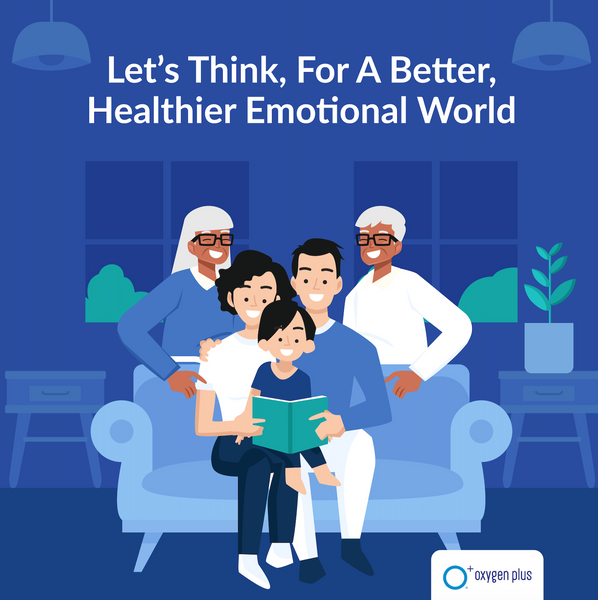Your Cart is Empty
There are some low-integrity players in the world that share ideas and lines of reasoning that can be harmful if we aren’t vigilant. We each, as individuals and as friends, have a responsibility to be aware of this and take care of ourselves as much as possible. That’s why, when it comes to the thoughts and ideas we let enter our minds and inform our worldview, understanding logical fallacies is paramount. We must safeguard against strategies employed by those seeking to deceive or manipulate us. These fallacies, when used by individuals or groups with malicious intent, can distort truth, undermine reason and perpetuate falsehoods. This can occur in destructive cults or politics with an aggressive, biased agenda in personal relationships between friends, lovers and family members, if one person aims to assert control of another person and continually hurts or exploits them.
To take control of our minds and live in optimal emotional health, let’s explore the landscape of logical fallacies in order to spot tactics and attempts of manipulation and power abuse.
Logical fallacies are deceptive maneuvers often used to sway opinions and obscure truth. These fallacies can cross our path in the form of an idea, and – if we don’t use logic – our minds may default to these fallacies when passively processing a thought or issue. Some common examples include:
https://www.youtube.com/watch?v=E_nQn8fXhZI&ab_channel=OxygenPlus
In a recent episode of Oxygen Plus’s podcast, "We're Not Blowing Hot Air," host, Lauren Carlstrom discusses logical fallacies with renowned cult expert, Rick Alan Ross. Critical thinking skills and common logical fallacies came to life as Rick shared examples from his rich experience as a cult advocate, deprogrammer and researcher. On the episode, titled "What’s the Meaning of Life?,” Rick shares how his life’s work – educating people about destructive cults – gives him, and others, meaning. Author of the resourceful book, “Cults Inside Out: How People Get In and Can Get Out," Rick shares how he was introduced to a destructive cult at his grandmother’s nursing home, and shares his knowledge, interesting facts, deep truths and personal experiences. You can learn what a cult really is – and why meaning and thinking are critical in our modern world – in this special episode. Catch “We’re Not Blowing Hot Air” on your favorite platform, including Spotify and Apple Podcast or on Oxygen Plus’s YouTube channel.
In light of these logical fallacies that can come into our lives in the form of manipulative tactics by others or just enable poor decision-making, it’s essential to cultivate critical thinking skills and fortify intellectual resilience. Here are some strategies that can help guard against coercive persuasion and control:
Next, let’s review some logical thinking rules, which serve as a foundation for rational decision-making, effective problem-solving, and intellectual growth in both personal and professional contexts. You’re already familiar with the first on the list.
These logic rules can help you think more critically, live empowered and free from abusive people, and better navigate your world. When we use these rules in our mind, we can land on what we really think. When we employ these rules in relationships, the relationship can be healthy and flourish. Anyone who resists or avoids these rules can be more challenging to connect and communicate with – in both personal and professional contexts. Logic rules allow us to “be on the same page” or share the same reality, which is a must for any healthy self or intrapersonal relationship to exist.

In an age of misinformation and manipulation, the ability to discern logical fallacies is crucial for upholding the integrity of discourse and safeguarding against manipulation. By arming ourselves with knowledge, critical thinking skills and by applying the rules of logic, we empower ourselves to navigate the complexities of an argument with clarity, discernment and intellectual integrity. Moreover, we will be better at listening to each other, and fostering healthy, open, communicative relationships wherever we go – making the world a happier place to live and breathe. Let’s apply our minds and remain vigilant against the tactics of potential abusers and stand as guardians of truth and reason in our ever-changing world.
If this topic fascinates you, be sure to check out episode two of season four of the Oxygen Plus Podcast with renowned cult expert, Rick Alan Ross to learn more about spotting and countering logical fallacies. If you want to take a deep dive into this world, check out some books on critical thinking and rationality.
